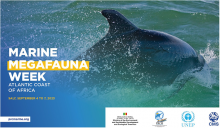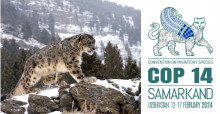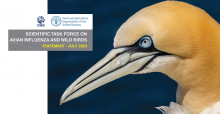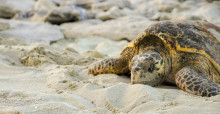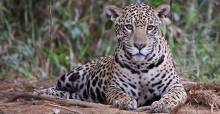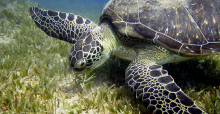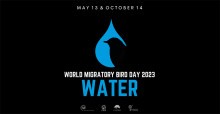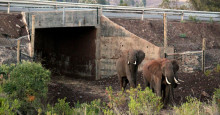At the Fifth Meeting of Signatories (MOS5) of the Memorandum of Understanding on the Conservation and Management of the Middle-European Population of the Great Bustard (Otis tarda), delegates from the 14 Signatory States and Cooperating Organizations agreed on transboundary conservation measures for the Great Bustard. The measures agreed in Bratislava aim to improve the conservation status of this iconic species, the ‘King of the Steppe’, which inhabits the open plains of Europe and Asia.




